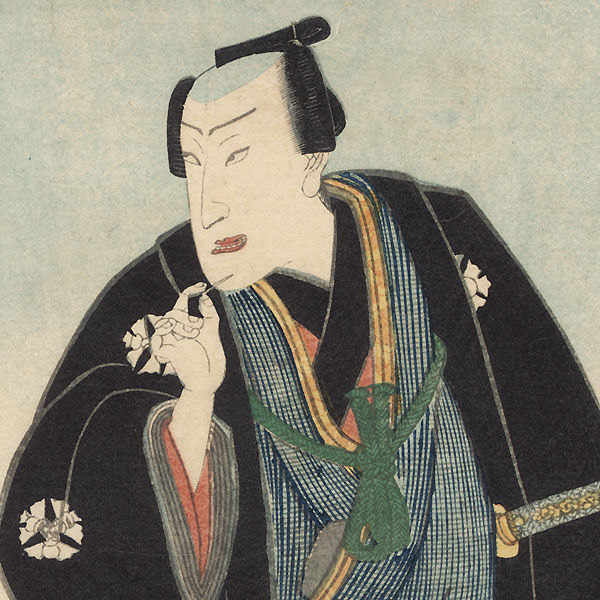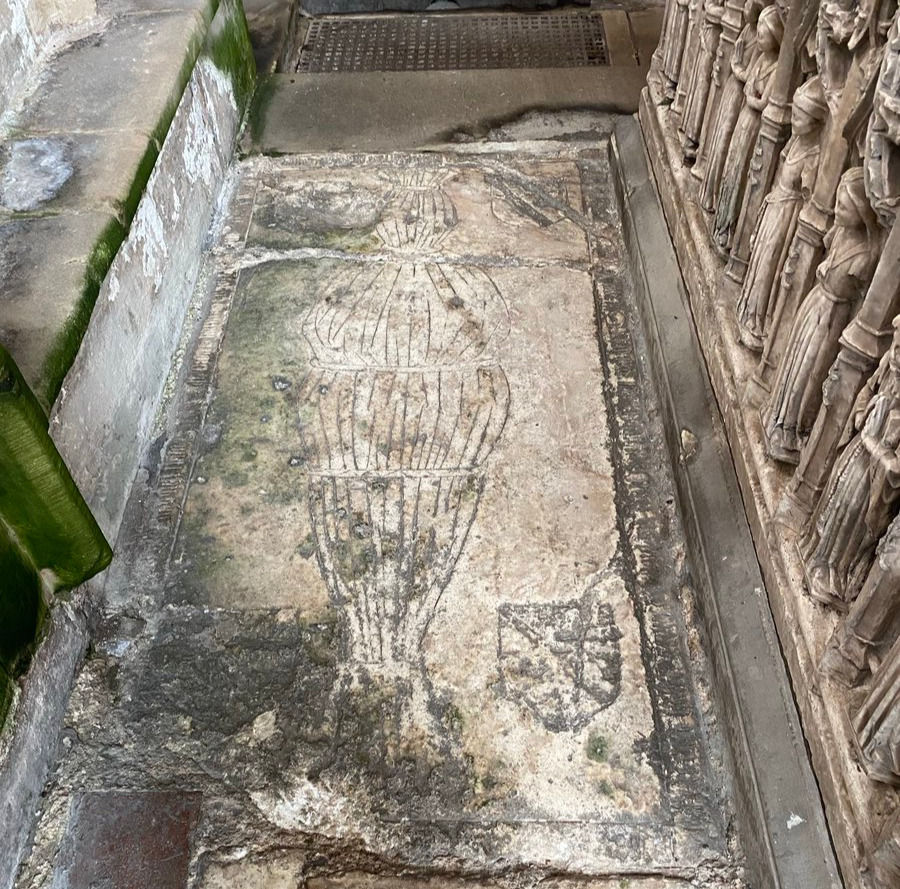samurai and hidalgos: an unexpected cultural parallel
- TBMM

- May 18, 2025
- 4 min read
Who hasn't faked a smile to hide a bad day? Many human behaviours are not only cross-cultural —it's a small world indeed!—, but also timeless. In fact, I recently stumbled across a curious cultural parallel between samurai and the real-life Quixotes of Spain's Golden Age.
I'm talking about hidalgos, members of the Spanish lower nobility from the late 16th-early 17th centuries. They were noble by their lineage, but frequently lacked wealth. The country's economy faced challenges, including inflation from New World wealth and costly wars, which left many hidalgos in financial ruin. Don Quixote, the protagonist of Cervantes' novel, was a fictional representation of such cases. [ note: "hidalgo" is pronounced /ee-DHAL-goh/. ]
Despite their poverty, they were expected to uphold the ideals of nobility —honor, dignity, and a refined lifestyle. Lazarillo de Tormes, the famous picaresque novel of the time, reflects this situation through an hidalgo for whom Lázaro, the protagonist, works as a servant. Sometimes, Lázaro recalls, after they had gone days without a bite to eat, the man would go out of the house to pick at his teeth with a piece of straw, as if he had just enjoyed a hearty meal, to preserve his social standing. The passage gained such popularity, that the broke hidalgo with the toothpick became a stock figure in the genre and in satirical writings during that period, mocking the vanity of the lower nobility. I wouldn't be surprised if some hidalgos actually did feign having eaten by using a toothpick.

Because, to my surprise and amusement, a few days ago I was looking up in a dictionary the Japanese word "楊枝" (yōji) (which turned out to be "toothpick"), when I noticed another entry below with a phrase including that word: "武士は食わねど高楊枝" (Bushi wa kuwanedo takayōji). Apparently it's an ancient proverb, and in a literal sense it means: "Even when the samurai does not eat, [he uses] a toothpick". When translated more naturally, it conveys the idea that "the samurai maintains dignity even in hardship" or, if used as advice, it urges the listener: "Keep a stiff upper lip!". This expression comes from the Edo period (1603–1868), when the samurai were still revered but often went through financial struggles. After the unification of Japan under the Tokugawa shogunate, peace meant warriors were no longer needed, leaving many samurai in bureaucratic roles or with no steady income. Some became rōnin (samurai without a master), facing poverty but still trying to keep their dignity.
Using a toothpick after a meal was a sign of satisfaction and refinement, and it seems that in that time it wasn't rare to see a samurai with a toothpick between his lips, as if he had just had a feast, even when he was going hungry. In this context, the proverb reflects the tension between the idealized image of the noble and proud samurai and the reality of their economic hardship.
The samurai were expected to embody bushidō, a moral code emphasizing loyalty, courage, and self-control. Complaining about hunger or showing desperation would be seen as a failure of character. The proverb praises this stoic endurance, but also carries a subtle irony, acknowledging the absurdity of putting on an act just for the sake of keeping up appearances.
Beyond samurai, the proverb can apply to anyone who maintains dignity in the face of adversity. It resonates in Japanese culture, where perseverance (gaman) and saving face are highly valued. However, it can also be used to criticize excessive pride or the pressure to hide one’s struggles.
Isn't that interesting, how the same attitude is reflected in two groups from very different cultures to address similar social pressures... through the exact same object, a toothpick? True that in the case of hidalgos it's more of a social anecdote or a literary trope, but I still think it's fascinating.
As a side note, I'm adding a short glossary of curious terms that reflect the complex noble status of hidalgos in Golden Age Spain, where that status could be inherited, earned, or limited by specific conditions, often with colourful or satirical nicknames.
Hidalgo de bragueta: A father who, by having 7 consecutive male children in legitimate marriage, acquired the right to hidalguía (noble status). (Note: "bragueta" means "trousers fly," implying prolific fatherhood as the basis for this quirky noble title.)
Hidalgo de cuatro costados: An hidalgo whose paternal and maternal grandparents were all hidalgos. (Note: The phrase "ser X por los cuatro costados" means "to be X through and through," indicating pure noble lineage from all four grandparents.)
Hidalgo de devengar 500 sueldos: An hidalgo who, under ancient Castilian laws, had the right to receive 500 sueldos (an old currency unit) as compensation for insults or injuries against him. (Note: "devengar" means "to be due," reflecting a legal entitlement tied to noble status.)
Hidalgo de ejecutoria: An hidalgo who had legally proven his noble lineage through litigation, securing a document as evidence of his hidalguía by blood. (Note: "ejecutoria" refers to the legal document certifying noble status, often obtained after court proceedings.)
Hidalgo de gotera: An hidalgo who enjoyed the privileges of his noble status only in a specific town, losing them if he changed his place of residence. (Note: "gotera" means "roof leak," possibly a derogatory or humorous term implying limited or "leaky" noble status confined to one locale.)
Hidalgo de privilegio: An hidalgo who gained noble status through purchase or royal grant. (Note: This indicates nobility conferred by merit or money rather than inherited lineage.)
Hidalgo de solar conocido: An hidalgo who owned a casa solariega (ancestral noble house) or descended from a family known to have or have had one. (Note: "solar conocido" refers to public recognition of a family’s noble estate, typically passed to the eldest son, symbolizing established lineage.)

Comments